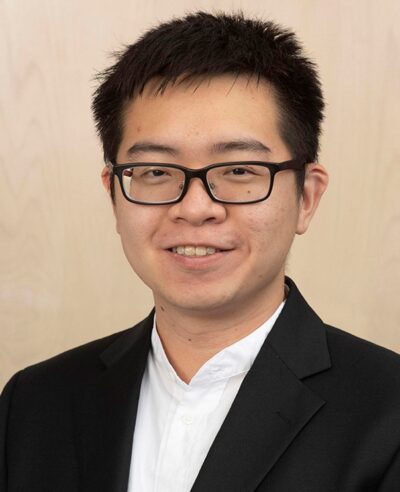In today's Singapore, almost all of Singapore's energy needs are currently supplied by natural gas. In the coming decades, Singapore faces the difficult challenge of transitioning its energy mix from the current fossil fuel mix to a future low-carbon mix while preserving competitive electricity prices and energy security.
Many large-scale sources of low-carbon electricity, such as hydropower or wind energy, are not available to Singapore owing to its geography. Solar energy can supply part of Singapore's energy needs but requires large areas of land and will face intermittency issues; while an over-reliance of energy or hydrogen imports can be detrimental to energy security.
Amidst this landscape, nuclear energy can offer much to Singapore. Nuclear energy is low-carbon, does not require large areas of land, and nuclear fuel can be stockpiled for energy security. However, the consequences of a nuclear accident can be grave for Singapore's small area and therefore local expertise is required to better understand risks and potential impacts before adopting nuclear energy. Altogether, nuclear energy is difficult to rule out given Singapore's limited options, and more local understanding of nuclear technology will be required in the coming decades.
My research is on verifying the contents of a spent nuclear fuel storage system for proliferation safety. A successful and reliable verification protocol can increase the confidence and safety in the nuclear industry, and in turn help encourage Singapore's confidence in adopting nuclear energy.


